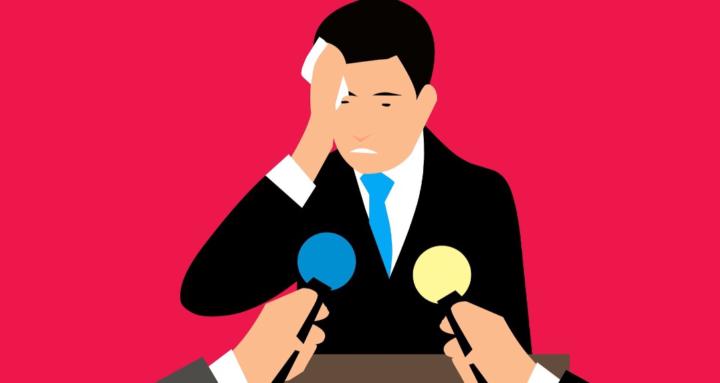Sep 3 • General discussion
Sometimes - It's Best to Just Shut Up....
Many speakers fear silence. They rush to fill every gap with words, often undermining their own authority. Yet in professional speaking, silence is not weakness -it is power.
A pause draws the audience’s attention in ways that no slide or statistic can. When you stop speaking, listeners lean in. They anticipate what comes next. This moment of heightened focus makes your next words land with greater weight.
Pausing also gives your ideas space to breathe. Complex arguments, persuasive data, or emotionally charged points require processing time. Without silence, the audience struggles to keep up; with it, they can connect meaning to meaning, thought to thought. In effect, you control the rhythm of their understanding.
From a psychological standpoint, silence communicates confidence. A nervous speaker rattles on, afraid of losing momentum. A confident speaker owns the room with stillness, showing that the message - not the speed - carries the importance. Think of seasoned leaders and broadcasters: they let silence work for them.
Practically, pausing helps you too. It regulates breathing, steadies pace, and buys time to decide your next phrase. Even a deliberate sip of water can be a tool of command if framed by purposeful silence.
To integrate pausing into your speaking:
- Mark pauses in your notes where impact matters most.
- Practise speaking slowly, using silence as punctuation.
- Replace filler words (“um,” “you know”) with a pause instead.
Silence is not empty -it is full of presence.
Master it, and your words will resonate with authority long after you stop speaking.
Your Coach, Mark
1
0 comments
powered by

skool.com/fearless-public-speaking-9080
A Home For Anyone to Practise Public Speaking with a Coach Who Normally Charges £2000 a day
Suggested communities
Powered by
